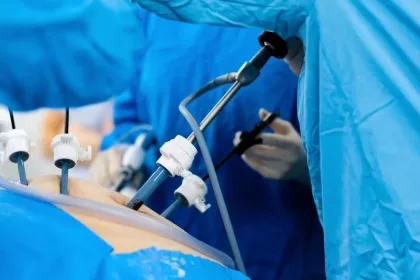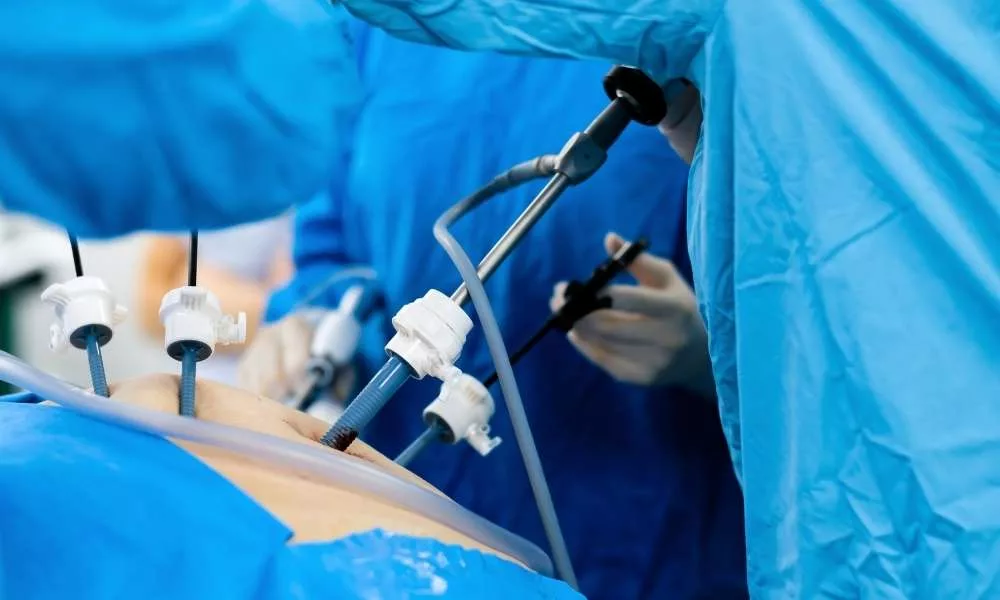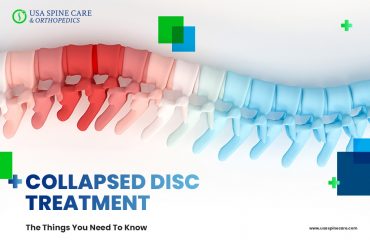

This is a revolutionary advancement in spinal care that offers a less invasive alternative to traditional open surgery. This procedure involves the use of small incisions and specialized endoscopic instruments to access and treat spinal conditions.
Unlike traditional open surgery, which requires large incisions, BESS allows surgeons to perform complex procedures with minimal tissue disruption. This minimally invasive approach results in reduced pain, shorter hospital stays, and faster recovery times for patients.
How Does BESS Work?
BESS utilizes advanced endoscopic technology to provide surgeons with a clear view of the spine. By inserting specialized instruments through two small incisions, surgeons can carefully perform procedures such as discectomy (removal of a herniated disc) and decompression (relieving pressure on the spinal cord or nerves).
Benefits of BESS
- Minimal Scarring: Smaller incisions lead to less visible scarring.
- Reduced Pain: Less tissue damage results in decreased postoperative pain.
- Faster Recovery: Patients often experience quicker healing and return to normal activities.
- Shorter Hospital Stays: BESS procedures typically require shorter hospitalizations.
- Potential for Bloodless Surgery: In many cases, BESS can be performed with minimal blood loss.
BESS has become a preferred treatment option for a variety of spinal conditions, including herniated discs, spinal stenosis, and degenerative disc disease. However, it’s important to consult with a qualified spine surgeon to determine if BESS is the right choice for your specific condition.


